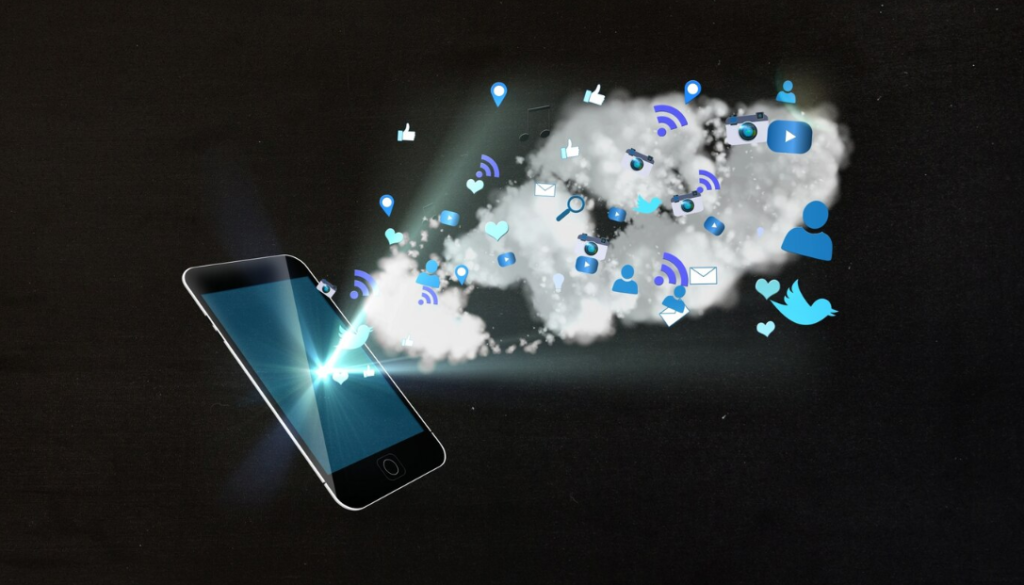Introduction
For many people, a morning cup of coffee is an essential ritual. While it may seem like a simple beverage, the journey from coffee bean to cup involves a fascinating mix of traditional techniques and modern technology. From precision farming and AI-driven quality control to smart brewing devices, technology plays a crucial role in ensuring that your morning coffee is fresh, flavorful, and sustainable.
The Role of Technology in Coffee Farming
1. Precision Agriculture
Farmers use advanced technologies such as drones, satellite imagery, and IoT sensors to monitor coffee plantations. These tools help track soil health, moisture levels, and temperature, ensuring optimal conditions for coffee cultivation. Precision agriculture reduces waste and enhances crop yields, benefiting both farmers and consumers.
2. Genetic Research and Sustainable Farming
Biotechnology plays a role in developing disease-resistant coffee plants. Scientists use genetic research to create coffee varieties that can withstand climate change, pests, and diseases. Sustainable farming techniques, such as AI-driven irrigation systems and eco-friendly pest control, help reduce the environmental impact of coffee production.
Harvesting and Processing Innovations
1. Automated Harvesting
Traditional coffee harvesting is labor-intensive, but modern farms use AI-powered harvesting machines to identify and pick only ripe coffee cherries. This ensures better quality beans and minimizes waste.
2. Smart Fermentation and Drying
The fermentation and drying processes significantly affect coffee flavor. Smart monitoring systems regulate humidity, temperature, and fermentation time to achieve consistent and high-quality results. Blockchain technology is also being integrated into processing to improve traceability and ensure ethical sourcing.
Roasting and Grinding with AI
1. AI-Powered Roasting
Modern coffee roasters use artificial intelligence to analyze bean characteristics and adjust roasting profiles in real-time. AI-powered roasters ensure consistent flavor, prevent over-roasting, and enhance aroma, providing a superior coffee experience.
2. Precision Grinding
The grind size affects the extraction process and, ultimately, the taste of the coffee. Smart grinders use sensors to achieve precise grind sizes for different brewing methods, from espresso to French press.
Brewing: The Smart Coffee Experience
1. Smart Coffee Machines
Connected coffee makers allow users to control brewing settings via mobile apps or voice assistants. These machines adjust water temperature, pressure, and extraction time to create the perfect cup of coffee every time.
2. AI-Powered Recommendations
Some coffee apps and smart machines use AI to learn user preferences and suggest customized brewing recipes. By analyzing data such as past orders and tasting notes, AI helps coffee enthusiasts discover new flavors and brewing techniques.
Sustainability and the Future of Coffee Tech
1. Blockchain for Transparency
Blockchain technology is increasingly used to provide transparency in the coffee supply chain. Consumers can scan QR codes on coffee packaging to trace the journey of their beans from farm to cup, ensuring fair trade and ethical sourcing.
2. Eco-Friendly Packaging
Innovations in biodegradable and compostable coffee packaging reduce environmental waste. Some companies are even developing edible coffee cups and zero-waste brewing methods to promote sustainability.
Conclusion
The journey from coffee bean to your morning cup is powered by cutting-edge technology. From AI-driven farming to smart brewing devices, innovation enhances quality, sustainability, and convenience. As technology continues to evolve, so too will the coffee experience, ensuring that every sip remains both delicious and responsibly sourced.


